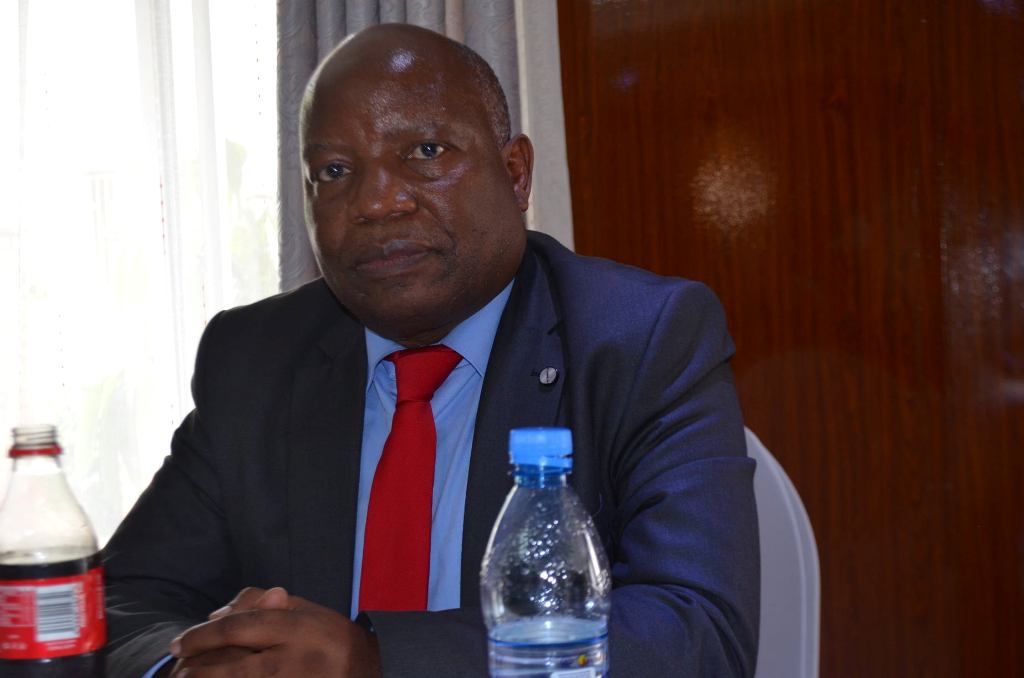Ladies and gentlemen,
I am deeply honored to stand before you today as we gather at the Zambia National Food Systems Insaka organized by the Zambia Alliance for Agroecology and Biodiversity (ZAAB), in collaboration with our esteemed partners such as the Community Technology Development Trust (CTDT), Zambian Governance Foundation, Oxfam in Southern Africa, PELUM Zambia, Zambia Climate Change Network (ZCCN), Hivos, the National Food and Nutrition Commission and all of you, the dedicated stakeholders who have come together to discuss the future of Zambia's food systems.
The food system is not just an essential part of our economy; it is the bedrock of our nation's well-being. It sustains livelihoods, shapes our culture, and, most importantly, it is a fundamental human right. However, our food system faces unprecedented challenges today, from the impact of climate change to inequitable global trade relations that threaten its very stability. Moreover, the way our food system operates is a significant contributor to climate change itself.
Around the world, there is a consensus that we must transition to sustainable food systems. These systems are rooted in principles of agroecology, food sovereignty, and the right to food and a healthy environment for all. Such a transition requires integrated governance mechanisms at all levels, with the active participation of all stakeholders. However, Zambia currently lacks an overarching food system policy and the cohesive governance structures needed to guide this critical transition.
Despite this challenge, Zambia has committed itself to this just transition through national and international agreements. We understand that time is of the essence as we face the growing climate crisis and deteriorating public health. Our food system encompasses multiple actors and activities, and how well these components are governed affects everyone, from farmers and consumers to policymakers, businesses, and especially our vulnerable populations, including women, youth and children.
In recent months, we've witnessed significant efforts in critical policy areas that impact our food system, including the development of the 'Comprehensive Agriculture Transformation Support Program' (CATSP), climate finance regulation, Zambia’s aspirations to join the 1991 International Union for the Protection of new Plant Varieties (UPOV91), the review of the Biotechnology and Biosafety Policy and Zambia's commitment to the Post-2020 Global Biodiversity Framework. These policies touch on issues such as intellectual property rights, genetically modified organisms (GMOs), and harmonizing laws with the African Continental Free Trade Agreement (AfCFTA).
As concerned stakeholders, we recognize the interconnected effects of these policy processes, which bring both positive and negative outcomes. We also see that certain stakeholders hold greater influence over policy outcomes, and, regrettably, private interests often take precedence over the public good. Therefore, it is crucial to reflect on how these policy changes affect our ability to transition to a just, healthy, and sustainable food system that operates within our planet's boundaries while respecting the cultural and socio-economic rights of all.
That is why ZAAB and our partners have come together to convene this Food Systems Indaba. Our primary objectives are clear:
- To unite all food system actors to interact, deliberate, and identify opportunities for building a resilient and just food system in Zambia.
- To develop actionable steps for all rights and responsibility holders to move toward a sustainable future.
- To focus on critical issues, including the need for an African (and Zambian) food policy, the future of agriculture production systems, seeds and seed-related laws and policies, and the rejection of UPOV membership and GMOs.
Our desired outcomes are equally clear:
- To establish discourse on addressing the drivers and consequences of the current unsustainable food system.
- To gain support from various food system actors for a 'GMO-free Zambia' and the recognition of Farmers' Rights.
- To secure buy-in and commitment from key stakeholders to a process of positive intervention for a just and resilient food system backed by a Zambian food policy.
In these two (2) days, we will engage in interactive sessions, hear expert presentations, listen to farmer testimonies, and collaborate in group work. We will brainstorm and envision what constitutes a just and sustainable Zambian food system.
This activity will contribute to ZAAB’s main activities including the No-to-UPOV91, No-to-GMOs, and the My Food is African Campaigns. Together, we can and will make a difference. Let us embark on this journey with unity, determination, and the shared vision of a just, sustainable, and resilient food system for all Zambians.
Thank you for your dedication, and I look forward to the fruitful discussions and actions that will emerge from this gathering.
Fr. Dr Gabriel Mapulanga, ZAAB Chair, Caritas Zambias Executive Director


